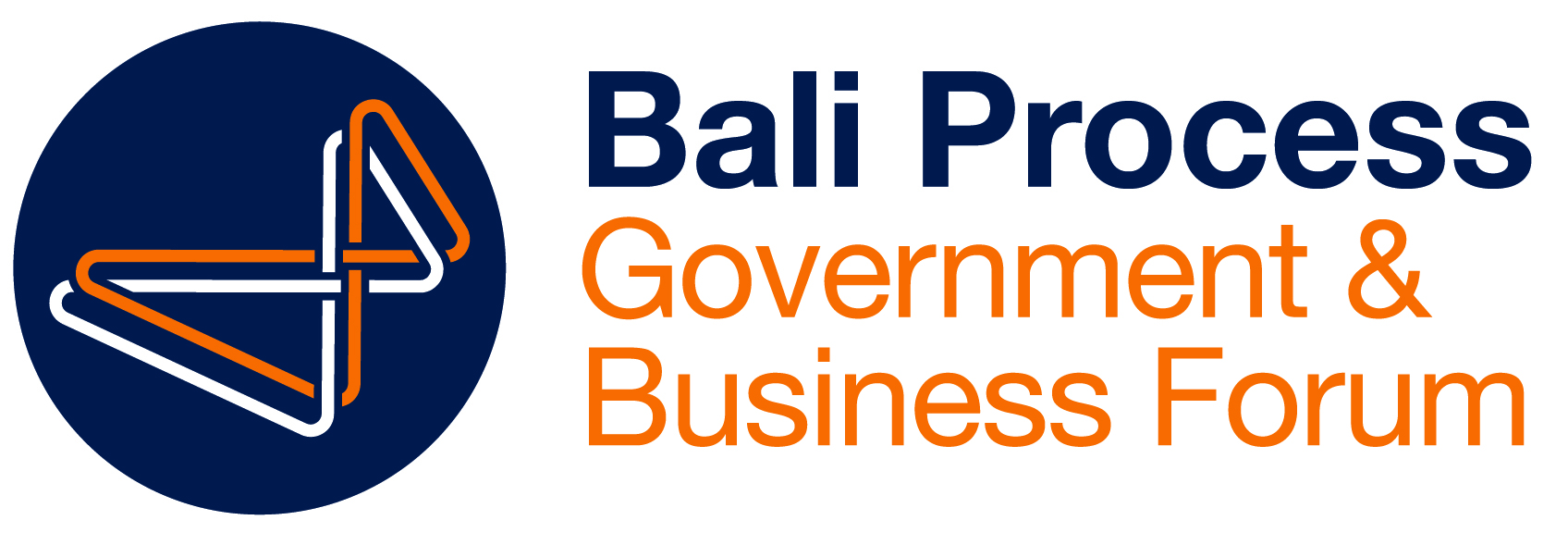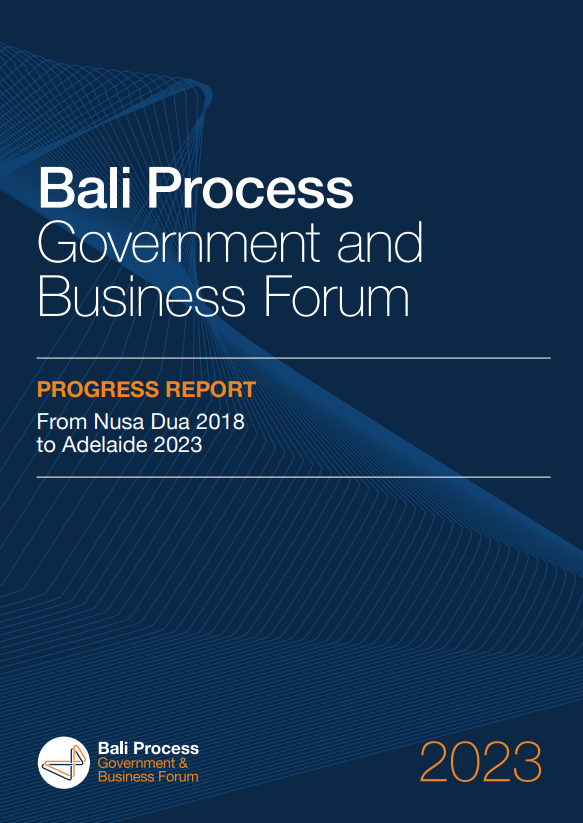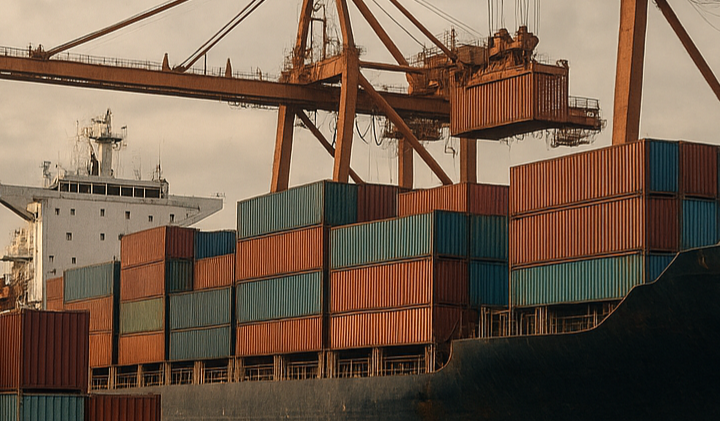
Exploitation in supply chains affects countries and industries worldwide, with estimated annual profits from human trafficking and related abuses reaching US$236 billion. Businesses have a critical role in ensuring their operations and supply chains do not rely on the exploitation of vulnerable workers.
Upholding human rights is not only a moral and social responsibility but increasingly a requirement for accessing global markets, many of which now restrict the importation of goods produced under exploitative conditions. Failure to address these risks can also expose businesses to challenges such as corruption, reduced productivity, and operational vulnerabilities. Transparent reporting on how companies identify and manage these risks is therefore essential for investors and other stakeholders, who are increasingly integrating these considerations into investment decisions.
The 2016 Bali Process Declaration highlighted the importance of engaging constructively with the private sector to expand safe, legal opportunities for labour migration and to promote humane, non-abusive labour practices throughout supply chains.
Secretariat
Walk Free serves as the Secretariat for the Bali Process Government and Business Forum, coordinating the Forum’s activities and facilitating collaboration between governments, businesses, and civil society. It manages operations, organizes meetings, supports work plans, and ensures follow-up on commitments. By connecting the public and private sectors, Walk Free helps drive practical solutions, share best practices, and strengthen partnerships to protect vulnerable workers and promote ethical labour practices across the Asia-Pacific region.

Highlights and Publications
The inaugural Bali Process Government and Business Forum (GABF) was held in Perth on 24–25 August 2017, co-chaired by the Foreign Ministers of Indonesia and Australia. The Forum created a permanent track within the Bali Process, linking the private sector to international discussions on human trafficking, forced labour, and exploitative practices. By involving business leaders in regional and international dialogue, the Forum helps accelerate progress, share best practices, and strengthen collaborative action to combat exploitative labour. The Forum is typically convened every two years alongside the Bali Process Ministerial Conference, though timing may vary according to priorities set by the Ministerial and Business Co-Chairs.
- Progress Report 2023 – Offers an overview of GABF consultations and activities, highlighting examples of progress by governments and businesses in implementing the AAA Recommendations.
- AAA Recommendations – Endorsed by the private and public sectors of 45 countries, these recommendations provide a framework for collaboration to combat human trafficking, forced labour, exploitative practices, and the worst forms of child labour.
- Guide to the Implementation of the AAA by Business – Outlines practical steps businesses can take to address forced labour in line with the AAA Recommendations.
- Quick Guide to Writing a Voluntary Modern Slavery Statement – Supports businesses in producing voluntary statements ahead of regulatory requirements.
- Progress Since Perth – Highlights regional advancements, including awareness programs, legislative improvements, and implementation of ethical policies.
- Perth Forum Work Plan – Sets out key priorities and action areas for governments and businesses established at the inaugural Forum.
These resources reflect the ongoing collaboration between governments and the private sector, helping to strengthen ethical practices, prevent exploitation, and advance the Bali Process agenda across the region.

Acknowledge Advance and Act
In 2018, the Bali Process Government and Business Forum established the Acknowledge, Advance, and Act (AAA) Recommendations, a framework guiding collaboration between business and government to combat human trafficking, forced labour, exploitative labour practices, and the worst forms of child labour.
-
Acknowledge: Recognize risks and responsibilities in supply chains.
-
Advance: Strengthen systems, partnerships, and ethical labour practices.
-
Act: Implement measures to prevent, detect, and respond to exploitation.
The AAA Recommendations provide a practical roadmap for aligning public and private sector efforts to protect vulnerable workers and promote responsible, ethical business practices across the Asia-Pacific region.
.

Government and Business Forum Past Events
All












